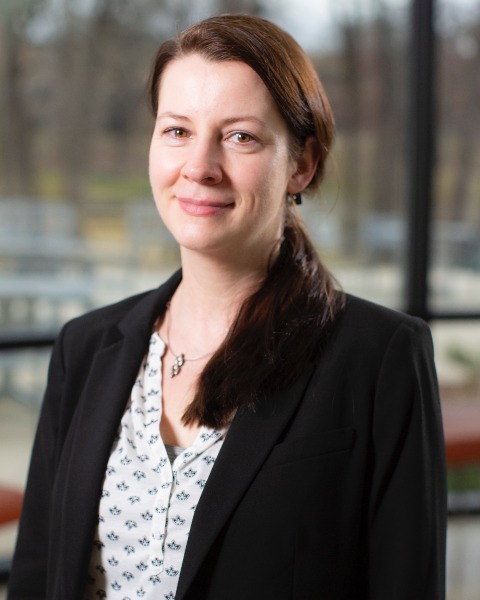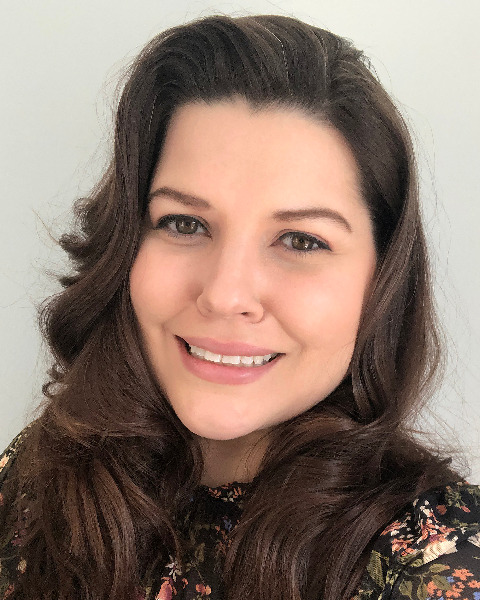Back
Systematics, Evolution, and Biodiversity
10-Minute Paper
SysEB: Social Insects
Bacterial and fungal microbiomes of Pogonomyrmex ants and their seed deposits
Tuesday, November 15, 2022
10:48 AM – 11:00 AM PT
Location: Vancouver Convention Centre, Meeting Room 118

Katrin Kellner (she/her/hers)
Associate Professor
University of Texas
Tyler, Texas
Christina L. Kwapich
Assistant Professor
University of Massachusetts
Lowell, Massachusetts
Presenting Author(s)
Co-Author(s)
The Florida Harvester ant, P. badius, is an important seed disperser, which collects more than 58 plant species in longleaf pine and turkey oak woodlands across the Southeastern Coastal Plain of the United States. Mature colonies store up to half a kilogram ( >300,000) living seeds in subterranean chambers, so called granaries. Colonies consume germinating seeds that are stored below ground for many months. Preventing spoilage of their granaries and protecting seed deposits from mold, especially in moist, humid conditions, is essential for colony survival. Very little is known about the mechanisms these ants use to prevent their stored seeds from spoilage. This project explores whether the ants employ a form of ‘biological control’ by cultivating bacteria that may protect the seeds against spoilage by employing 16S and ITS Illumina-based sequencing to get an overview of the microbiome associated with seeds, ants and surrounding soils. Our results indicate that seeds are generally mold-free but have a large abundance of Actinobacteria, unlike the surrounding soils and ants, which suggests that the ants are culturing Actinobacteria to prevent mold from growing inside nests and spoiling seed deposits.

